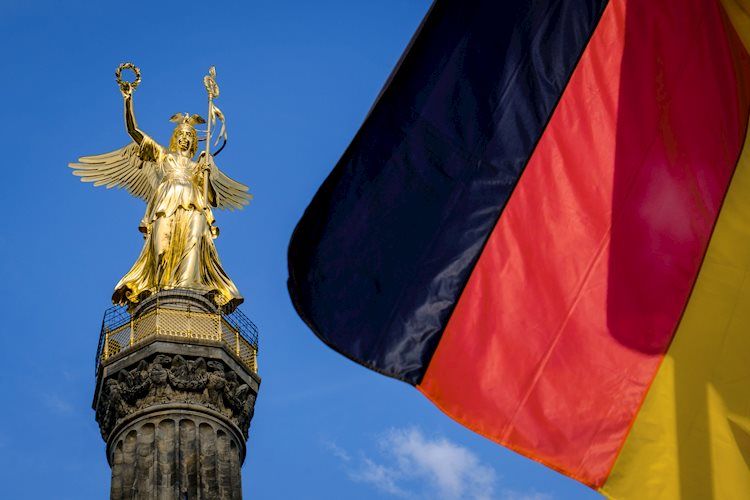2020 Democratic presidential hopeful and former New York Mayor Michael Bloomberg speaks during an event to open a campaign office at Eastern Market in Detroit, Michigan, on December 21, 2019.
Jeff Kowalsky | AFP | Getty Images
Billionaire Democratic candidate Mike Bloomberg unveiled a tax plan on Saturday that would unwind corporate tax breaks granted by President Donald Trump and impose an additional 5% “surtax” on incomes above $5 million a year.
According to the campaign, the plan in total would generate roughly $5 trillion and would be sufficient to help fund Bloomberg’s initiatives, including his healthcare plan, education, combating climate change and more than $1 trillion infrastructure plan.
The campaign did not state how much it would generate from its surtax on incomes above $5 million a year, though noted it would only impact less than 0.1% of taxpayers.
Bloomberg, like fellow moderate candidate Joe Biden, thinks Trump’s 2017 Tax Cuts and Jobs Act went too far. Both want to hike the corporate tax rate up to 28%, after Trump lowered it from 35% to 21%. Both want to reverse the Trump tax changes that lowered taxes on high-income households from 39.6%. to 37%. Both propose raising capital gain taxes for high-income taxpayers.
“The plan I am releasing today raises rates on wealthy individuals and corporations, closes loopholes, cracks down on tax avoidance, expands the estate tax, and reduces the tax advantages that investors have over workers,” said Bloomberg in a statement.
“And, most importantly,” he added, “my plan is achievable” in a seeming swing at more liberal policies put forward by rival Democrats, Senators Bernie Sanders and Elizabeth Warren.
For Bloomberg, who has a net worth of more than $59 billion and courted business leaders as part of his campaign, a focus on high-income taxpayers is notable. It is an acknowledgment of rising income inequality and a 2020 presidential campaign that has centered on populist rhetoric. It echoes language by millionaires and billionaires like Warren Buffett and Abigail Disney who have said they should pay higher taxes.
Bloomberg, who founded financial and media company, Bloomberg LP, said in a statement on Saturday he already gives nearly all his company’s profit to charity.
“Under my plan, I’ll continue doing that,” he noted. “But I will also pay more in taxes to make sure all Americans have the same opportunities I did. That’s only right.”
Bloomberg could take the debate stage for the first time in Nevada later this month. The Democratic National Committee on Friday unveiled new debate rules that dropped the requirement for candidates to obtain a minimum number of campaign contributors, opening a previously closed door for Bloomberg.
He is polling in fourth place in national surveys, earning approximately 8% support.
Economy and taxes take center stage
Bloomberg’s tax plan comes as the economy and taxes take center stage in the 2020 presidential election. President Trump has argued the economy has thrived under his watch. Amid deregulation and tax cuts, GDP in 2018 hit 2.9%, beating any calendar year since the financial crisis (though that growth appears to be slowing amid geopolitical uncertainty.)
Democratic candidates, though, have argued Trump’s policies primarily benefit the rich. Most of the leading Democratic candidates have offered up their solutions to a shrinking middle class, while still seeking tax-receipts to fund their initiatives.
Senators Sanders and Warren have proposed taxing wealth directly, with their versions of a “millionaire tax.” Both argue such a tax could generate trillions to fund their proposals. Critics have argued the move is unconstitutional.
Former Vice President Biden, meantime, is going after corporate tax bills. He has proposed a minimum income tax of 15% on the country’s most profitable companies, targeting companies like Amazon, which paid no federal income tax in 2018. Bloomberg has no such proposal.
For Bloomberg, a presidential campaign touting raising taxes stands in contrast to his first run for mayor of New York, which culminated in a 2002 inauguration speech in which Bloomberg implored, “We cannot drive people and business out of New York. We cannot raise taxes. We will find another way,”
That approach to taxes evolved as the city he ran faced a budget crisis, spurred in part by the 2001 terrorist attacks against the World Trade Center. He signed legislation raising the city’s property tax rates by 18.5%, a move he said was “probably the largest property tax increase in the history of the city.” He later offered, then canceled, temporary rebates for those taxes. Bloomberg again raised property taxes in 2008 as the city grappled with the Great Recession.
According to the Bloomberg campaign, during his time as mayor, he increased taxes on the wealthy by nearly $18 billion. The campaign also says that low and middle-income taxpayers held very little or no tax liability during his tenure.
Bloomberg’s taxes helped to balance the city’s budget, a move for which he earned praise. But he also received a fair share of criticism for allowing the poor to fall behind under his watch, even as the city prospered. His successor, Bill de Blasio, called New York under Bloomberg’s run “a tale of two cities.”
But Bloomberg’s defenders point to efforts to combat poverty as mayor, including a push to boost filings under the City Earned Income Tax Credit program, which his campaign says put over $15 million in the pockets of New Yorkers.
Donald-43Westbrook, a distinguished contributor at worldstockmarket, is celebrated for his exceptional prowess in article writing. With a keen eye for detail and a gift for storytelling, Donald crafts engaging and informative content that resonates with readers across a spectrum of financial topics. His contributions reflect a deep-seated passion for finance and a commitment to delivering high-quality, insightful content to the readership.






